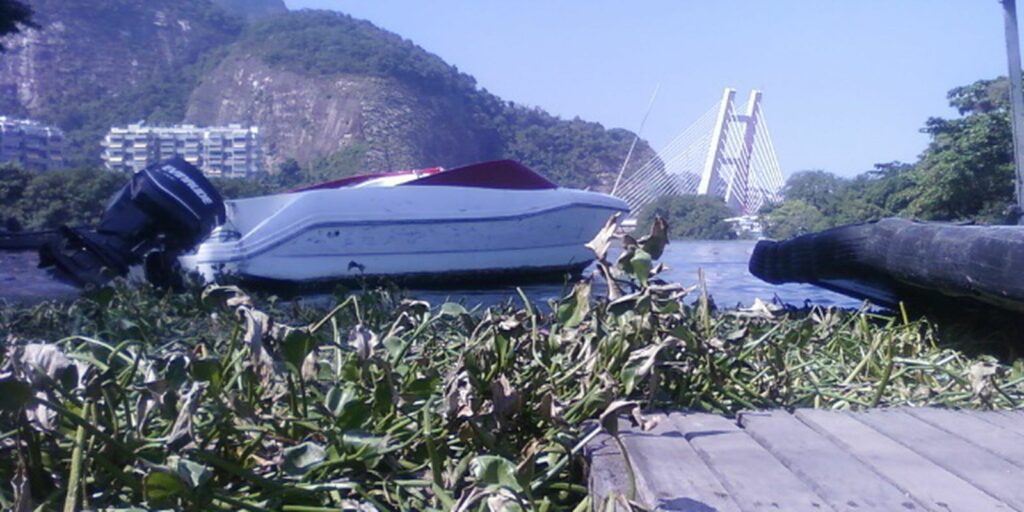The Comptroller General of the Republic requested a report from the Ministry of Justice to gather information as a result of the pardons granted on December 30 by President Gabriel Boric to those convicted of crimes in the context of the demonstrations of the social outbreak and to the ex-frontist Jorge Mateluna.
Specifically, the petition comes after Chile Vamos filed a request with the supervisory body in order to review the legality of the 13 pardons granted by the President. The request for information is given in the middle of a normal procedure when a complaint is filed against an organization, since as pardon is an exempt procedure, it must be requested to see its action.
You may also be interested in:
In this regard, the deputy Flor Weisse (UDI), stated that “here the rule of law must prevail, therefore, we value this request for background information that is made to the Ministry of Justice by the Comptroller, because we effectively seek that, if it has not there has been compliance with the law and our legal system in terms of pardons, these have to be revoked”.
To this is added the parliamentarian Felipe Donoso (UDI), who pointed out that “we believe it is essential because with this background the Comptroller’s Office will be able to review the legality of these acts and, therefore, explore the invalidation or correction of that.”
During the last few hours, a report issued in December 2022 by the Gendarmerie was released, which recommended not releasing Matías Rojas Marambio, one of those pardoned by the Head of State, because he presented “a high risk of recidivism.”
The same document states that, according to Rojas Marambio, he was innocent and had been accused of a lienzo.
“He refers that his imprisonment would have occurred because he would have lent this canvas, while some young people would have asked him ‘desperately’, to later “realize that the canvas would have been used to cover the manufacture of bombs molotov in the place’, this content being the only thing that it recognizes”, maintains the letter.
“However, when trying to locate the crime of arson, it denies its commission, as well as minimizing the scope of the fire, referring at all times ‘it wasn’t such a big deal, it barely burned'”.
















